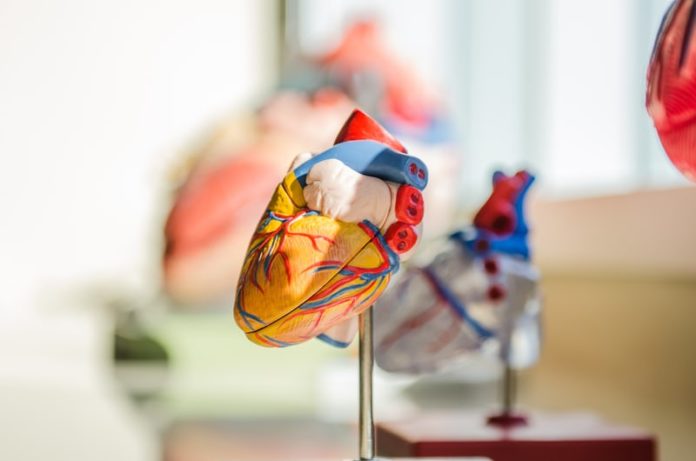A recent study published in the Journal of the American College of Cardiology projects that by 2060 “rates of cardiovascular risk factors and disease will increase significantly in the United States” which may “contribute to a rising burden on the U.S. health care system and highlight the need for equitable access to prevention education and treatments now to prevent future disease.” The research analyzed “the following cardiovascular risk factors: diabetes, hypertension, dyslipidemia, obesity; and the following cardiovascular diseases: ischemic heart disease, heart failure, heart attack and stroke.” Andreas Kalogeropoulos, clinical and outcomes researcher, explains that “The absolute numbers are staggering and suggest that by year 2060, compared to 2025, the numbers of people, particularly minorities, with CV risk factors are expected to increase dramatically. Unless targeted action is taken, disparities in the burden of cardiovascular disease are only going to be exacerbated over time.”
A Projected Steep Rise in Cardiovascular Disease by 2060

Join the AGEIST movement!
Sign-up for our weekly magazine.
See medical disclaimer below.
The ideas expressed here are solely the opinions of the author and are not researched or verified by AGEIST LLC, or anyone associated with AGEIST LLC. This material should not be construed as medical advice or recommendation, it is for informational use only. We encourage all readers to discuss with your qualified practitioners the relevance of the application of any of these ideas to your life. The recommendations contained herein are not intended to diagnose, treat, cure or prevent any disease. You should always consult your physician or other qualified health provider before starting any new treatment or stopping any treatment that has been prescribed for you by your physician or other qualified health provider. Please call your doctor or 911 immediately if you think you may have a medical or psychiatric emergency.
